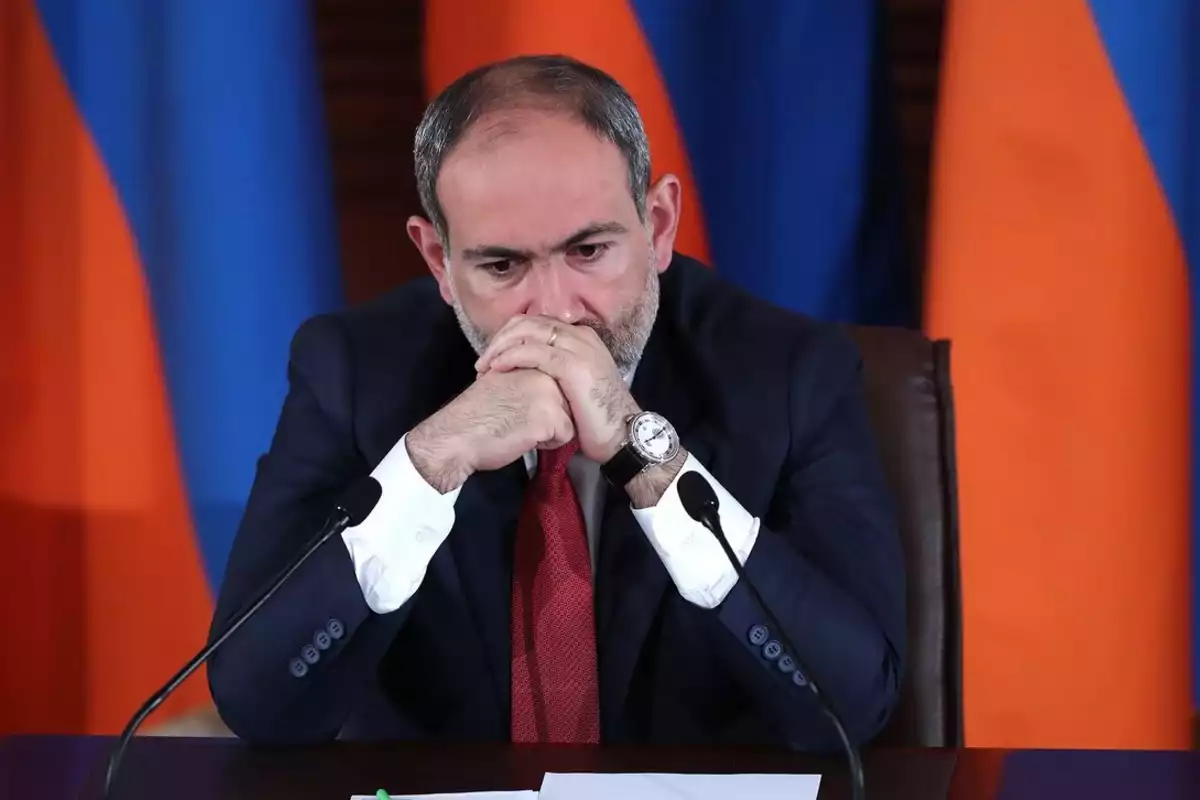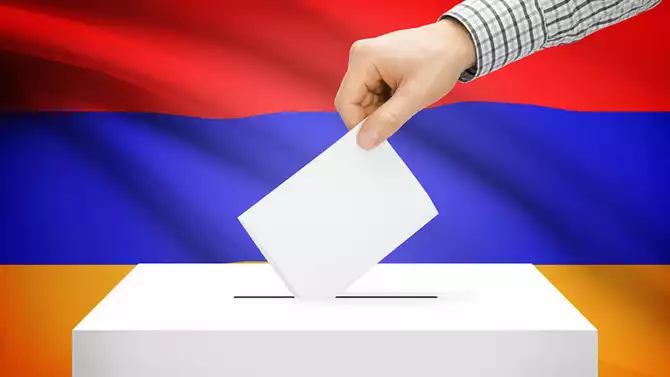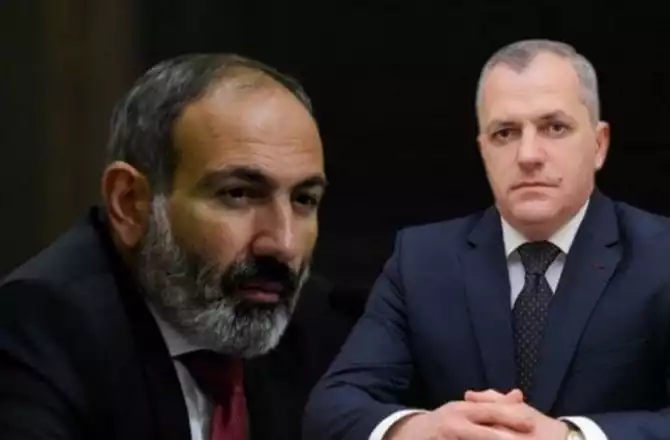
By Tural Heybatov
A few days ago, Graparak, a newspaper known for its insider reporting, revealed that Karabakh separatists, now entrenched in Armenia, held a clandestine "parliamentary session." This self-proclaimed body adopted - remarkably - a "constitutional amendment" and discussed plans for upcoming "elections." The separatists’ farcical reenactment of governance continues, now gearing up for a so-called "presidential election." On March 21, Samvel Shahramanyan’s illegitimate "presidential" term expires, and "Artsakh" is bracing for yet another crisis. It remains unclear whether Shahramanyan will seek to extend his authority.
Photo credit: coe.int
Complicating the scene further, another figure has stepped into the fray - Samvel Babayan, a convicted war criminal. According to Graparak, Babayan also intends to claim the fake post. His supporters have already been seen storming the gates of the "Artsakh representation" in Yerevan.
In short, the theater continues. The quest titled "government-in-exile" plays on: meetings are held, rallies staged, protests mounted - all as if the so-called "NKR" (Nagorno-Karabakh Republic) still exists.
Reports suggest the "session" was convened without the Armenian government's knowledge, fueling outrage among the opposition. Critics accuse Prime Minister Nikol Pashinyan of weakness, pointing out that "Artsakh representations" continue to operate openly in places like France and Canada. Separatists and revanchists are seething - not merely because they are forced into hiding, but because they are denied the prestige of holding events in Yerevan’s central halls.
Pashinyan, for his part, has repeatedly stressed the need to dismantle separatist structures. Speaking just days before the clandestine "session," he declared, "The Karabakh movement in Armenia will not continue." This was a direct response to former President Serzh Sargsyan’s call to reintroduce the "Karabakh issue" into Armenia’s political agenda. Pashinyan rightly warned that any revival of separatist ambitions could spell not just another military defeat, but the collapse of Armenia’s statehood itself.
To his credit, Pashinyan had previously attempted to curb separatist activities. Parliamentary Speaker Alen Simonyan asserted that the "Artsakh representation" should not be allowed to operate for separatist purposes. Media reports suggested that Pashinyan had intended to dissolve the so-called representation, evict its occupants, and ban any provocations against neighboring states on Armenian soil.
These plans were serious - at least initially. When the self-proclaimed "parliament," "president," and other Karabakh figures first arrived in Armenia, they kept a low profile, awaiting instructions from foreign patrons. But once they secured material support from Western sponsors, they reemerged, emboldened. At that critical juncture, Pashinyan faltered. He missed the opportunity to decisively neutralize the threat.
Over the past eighteen months, separatists and revanchists have built a considerable support base. Since early April, these groups have launched protests, staged sit-ins, and attacked government institutions, destabilizing the political climate in Yerevan.
Now, they are organizing "elections." Samvel Shahramanyan is pontificating about his "state plans," while a pseudo-campaign involving both his and Babayan’s supporters is underway. It is increasingly clear that two rival camps are preparing to battle each other in the streets of Yerevan - for power over positions that exist only in their imagination.

The real question is whether Pashinyan recognizes the urgent need for decisive action - or whether he once again hopes the issue will somehow resolve itself.
It won’t. If Pashinyan continues to hesitate, separatist and revanchist forces will only grow stronger - especially in opposition to him personally, as the main obstacle to reigniting the conflict. This poses existential risks not just to Pashinyan’s political future but to Armenia itself. Azerbaijan, facing renewed provocation, is unlikely to remain passive.
If Pashinyan is counting on the wisdom of the Armenian public, he risks disappointment. Recent local elections have clearly shown the rising influence of revanchist forces - a troubling sign that Armenian society remains trapped in dangerous illusions. In such a climate, statements alone will not suffice. What is needed are firm, even forceful, actions.
As Arsen Torosyan, a member of the ruling party, rightly put it: "There cannot and will not be a second state or any affiliated institution operating on Armenian territory. Any such activities, and the individuals or structures behind them, must face strict legal and political consequences."
Pashinyan must urgently initiate constitutional reforms. As long as Armenia’s Constitution permits territorial claims against its neighbors, no statement from the prime minister will carry real weight.
Of course, this will be a difficult, uphill battle. But without it, there can be no peace. And without peace, there can be no Armenia.
Share on social media